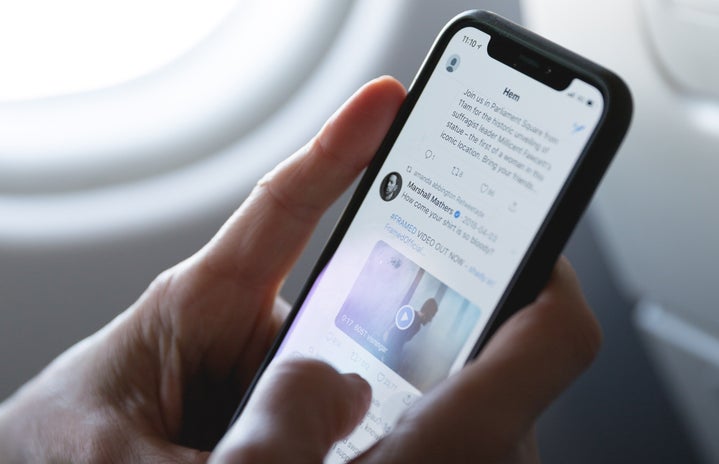If you’re familiar with the social media space of late, particularly twitter, then you have probably heard about/know of cancel culture. This is a term that will rock you to your core. And if you’ve been wondering much about what it is, how it works and if it actually works, then this is definitely an article worth your read.
- What is Cancel Culture?
-
The Merriam Webster dictionary defines Cancel culture as the “mass withdrawal of support from public figures or celebrities who have done things that aren’t socially acceptable today”. These vary from homophobic and racist statements and acts, allegations of sexual assault and Gender-Based Violence to name a few. When a person is cancelled, it means that they are culturally blocked from having a prominent public platform or career; their cultural cachet is revoked. Often, cancelling is aimed at ending one’s career.
- How Does it Work?
-
So, someone says something offensive, then politically progressive backlash follows on social media. The call to then cancel the person comes. In South Africa, they often trend with the hashtag “#…MustFall” and boycotts could possibly follow. Hashtags allow for the matter to receive more attention and reach a larger audience. Sometimes people notice a pattern of disturbing behaviour and investigate the person’s social media history, dissect it and the call to cancel the person then follows.
- Cancel Culture at Play
-
I was initially planning to look at two examples – a South African public figure and an American public figure who have been cancelled. But as I continued with my research, I realized that I cannot generalize with only two examples. Case studies of cancel culture have grey areas. The first examples are R Kelly and Michael Jackson. They both had high-profile documentaries produced about them, which explored decades of sexual assault allegations against them but instead of seeing a decrease in the streams of their music, we actually saw an increase. These could be examples of the ineffectiveness of cancel culture.
In SA, the host of Podcast and chill with MacG, MacGyver Mukwevho, has lost sponsorship from Old Mutual and Studio 88 following being cancelled for hateful transgender comments earlier this. Although he bumped into this hurdle, his podcast episodes continue and are still a hit, and he recently celebrated getting the 100k subscriber plaque from YouTube. This is an example of the grey area. It seemed that cancelling was effective within that time period, but its effects seem to have worn off in a matter of weeks!
Lastly, one of the celebrities that has been and is still cancelled is Daniel Caesar. He has been cancelled for over a year now for defending his white friend who has been accused of continuously exploiting black culture. A few months after the incident occurred and after he had been cancelled, he released an album called Case Study 01. It has not been a commercial success and he has since been perceived badly by fans and music listeners. This could be an example of the effectiveness of cancel culture.
- So, is it real? Is it effective?
-
At first glance it can seem real and effective, especially in the heat of the moment. But we need to bear in mind that Twitter does not represent the entire country, especially in South Africa, but only a small proportion of those who have some access to resources. Even though Twitter users are a small proportion, there will still be people who stand with the person being cancelled, hence its quite hard to gauge whether it truly is effective. Sometimes brands do not want to be associated with cancelled people, so they also take a stand – like we saw with MacG.
But sometimes cancelling people and the prospects of them losing their career humanizes them and they end up gaining sympathy. The offender can get portrayed as a victim of reckless vigilante justice. This is more so emphasized when they probe into the cancelled person’s life and realize that they had somewhat of a bad childhood and thus can comprehend their actions.
At the end of the day, cancel culture can be a tool for social justice but can also be “a new form of merciless mob intimidation” as Aja Romano, Vox staff writer, has said. It’s really up to us how we use and engage with the culture.


